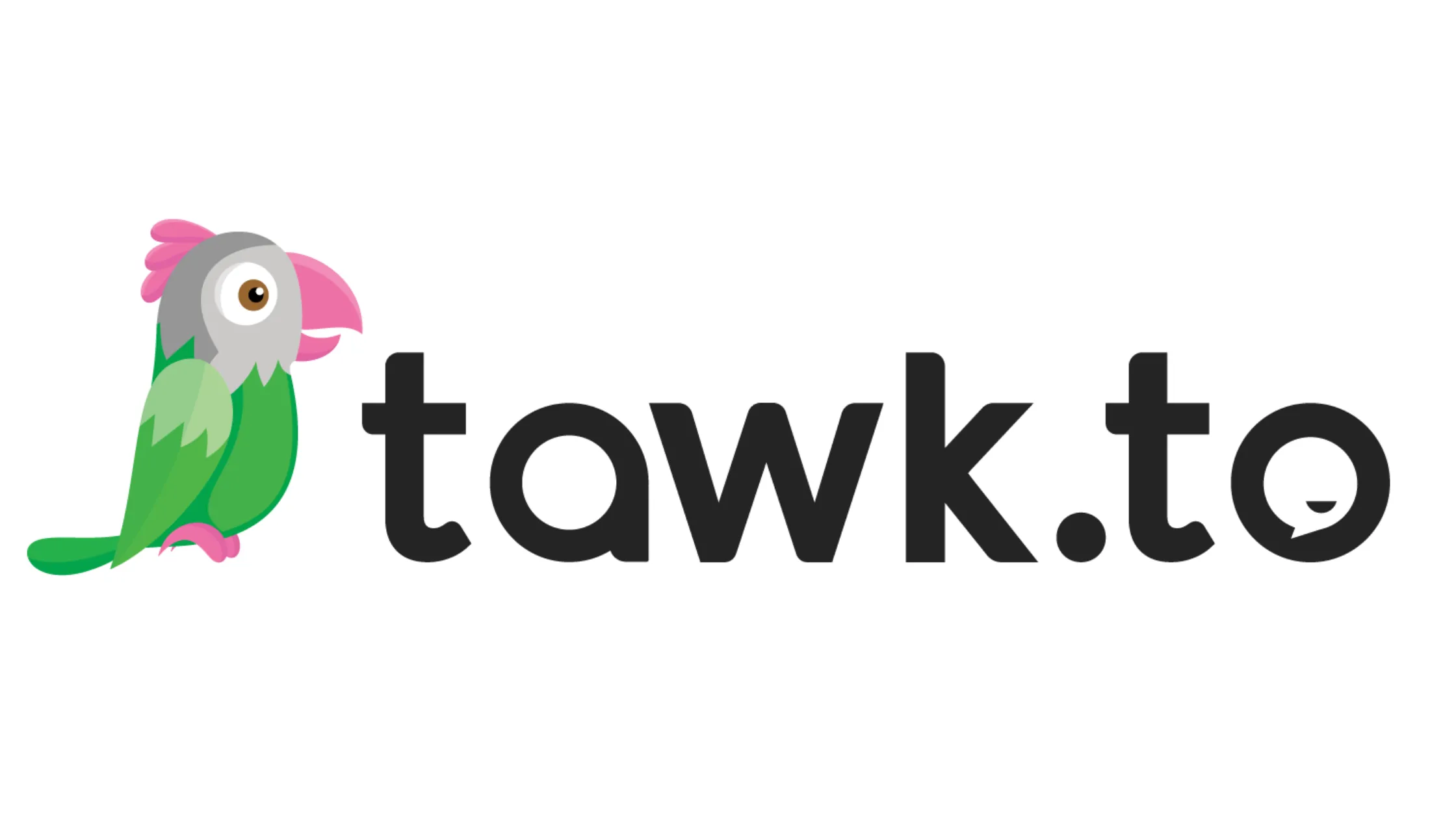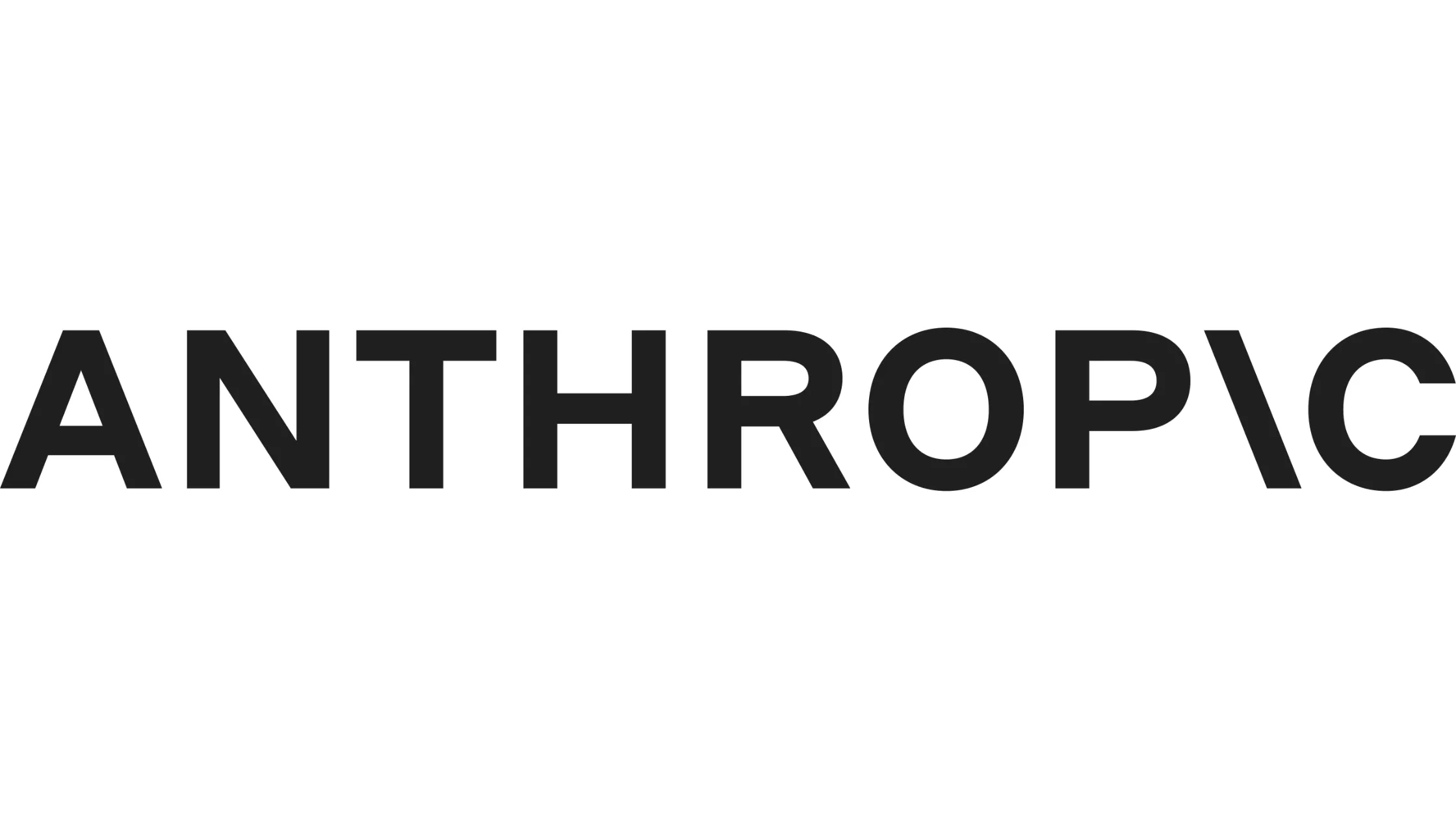
What Does a Startup CTO Do?
Curious about what a startup CTO really does? Learn the key responsibilities, when to hire one, and how a dev shop like Horizon Labs can help fill the CTO gap.
Being a startup CTO often feels like baptism by fire.
Expect to wear many hats, pull all-nighters, and make swift decisions while being constantly under pressure over an upcoming high-stakes investor demo or meeting weekly objectives.
However, these not-so-sexy aspects are just one part of the job.
Over time, you'll realize how lucky you are to be given the chance to harness your skills and build something great — an opportunity you've been wishing for since you were in college.
Nothing could truly prepare you for this moment. But, at the same time, it always helps to know what to expect.
In this post, we'll break down the many functions of startup CTOs — why they're important and when you should hire one.
Why Your Startup Needs a CTO?
Hiring a CTO is an absolute game-changer for businesses that rely on tech to get things done.
But, at the same time, it's a make-or-break factor that demands due diligence, especially during the early selection process.
The first order of business is to make sure you understand what exactly the "right" CTO should bring to the table:
1. Instill Reality into the Startup Vision
Founders are dreamers, hence why successful startups are founded upon big ideas and bold visions — and that's a good thing.
But you need someone with the tools to bring that vision into technical reality.
That's a big part of a CTO's job.
A founder might envision a platform that does X, Y, and Z. They may even have an idea on how to put together a working prototype by next quarter.
The CTO, on the other hand, breaks that grand vision into achievable steps — identifying technical challenges and resource requirements in each stage.
For non-technical founders, it's important to understand that CTOs who underline potential roadblocks are not trying to "kill the dream."
Rather, they're transforming a vision into an actionable plan. And that process requires balancing expectations with reality, which often involves addressing technical hurdles early so the team doesn't get blindsided by impossible timelines.
2. Assembling and Managing the Engineering Team
A CTO is both the technological leader and team architect of the engineering department.
They're not just in charge of galvanizing engineers towards objectives on a day-to-day basis. They also play a decisive role in building the team itself.
As such, you need someone who has a knack for recognizing talent in a way that doesn't consider a candidate's work portfolio as the "be-all and end-all" of hiring decisions. They should be able to have a deep discussion with someone and easily determine if they can do great things together.
This takes vast amounts of experience, and so is providing leadership every single day — getting everyone on the team to gel together into a single, high-performing unit.
3. Bridge the Technical Language Gap Between Stakeholders
When picking a CTO, it's easy to overlook the communication aspect.
OpenAI, Stripe, GitLab, Niantic, Shopify, and dozens of other successful startups had figurehead roles filled by CTOs.
That's because CTOs are expected to bridge the technical knowledge gap between the engineers in the back and the stakeholders in front. We're talking about investors, marketers, human resources, and accountants.
In simple terms, CTOs should be able to effectively break down and convey technical information to the non-technical folk — in plain English and without drowning them in jargon.
By bridging the knowledge gap, a CTO ensures that top-level discussions involving technology make sense to everyone in the room.
4. Build an Effective and Efficient Technology Stack
Quick point: CTOs set the stage so that the engineering team can build quickly and confidently.
With a million programming languages, frameworks, and cloud-based services emerging, it's easy to get "shiny object syndrome." What you need is a knowledgeable and experienced CTO to find the perfect pieces together for the perfect tech stack for your startup goals.
An effective CTO can weigh in on trade-offs (e.g., speed versus scalability, cost versus performance, and build versus buy), define technical standards, and future-proof your startup with a solid technological foundation.
Remember, the tech stack is like the foundation of a skyscraper.
Get it right, and you can build upward smoothly. But get it wrong and you'll start seeing cracks before you even really scale.
5. Maintain Alignment and Goal-Orientedness Among Engineers
Keeping the engineering team aligned with the company's goals and product vision is one of the core responsibilities of CTOs.
After all, engineers spend hours solving technical challenges and keeping up with the time crunch. They could lose sight of the big picture fast without an engaged leader who ensures they stay on course.
That's when a CTO needs to step in, create unity of purpose, and keep everyone moving in the same direction rather than spinning off on tangents.
Apart from ensuring goal-orientedness across the engineering team, reminding engineers about the long-term impact of their work also spurs productivity and accountability. This creates a healthy environment where everyone fits together into a cohesive unit — building a product that works with optimal efficiency.
6. Overcome Challenges in Prototyping and MVP Development
Prototyping and Minimum Viable Product (MVP) are two of the most crucial points in a startup's lifecycle.
Prototyping proves that a design or concept works, whereas MVP development validates whether or not your product can be turned into a profitable business.
Whichever stage you're in, both prototyping and MVP development are riddled with technical challenges.
And, in order to overcome these obstacles fast and decisively, you need a CTO who not only knows the right tools. They must also be resourceful and sharp enough to come up with creative solutions on the fly.
7. Scale Alongside Company Needs
Lastly, every startup needs a CTO who is ready to scale and adapt to a startup's changing needs.
To put things into perspective, let's look at some of the startups we've helped here at Horizon Labs.
Over the years, we have come across similar growth pains in terms of scaling.
Management tactics that worked for three developers start falling apart once you have 10. In the same sense, features that were great for 50 users require revisiting upon hitting 10,000.
A great CTO can recognize these challenges on the horizon and proactively design measures to help your startup scale smoothly.
Remember, scaling isn't just about upgrading your infrastructure or hiring more people. It's also about refining processes so you can streamline the project timeline.
When Should You Hire a CTO?
Great — you should now fully understand the value of having a qualified CTO in your startup.
The next question is, "When do you actually need to bring in a CTO?"
Here's the thing: Finding a CTO should be done from day one if you have a non-technical founding team and would like to fast-track the prototyping or MVP development stage.
You should also watch for the signs.
If development has slowed to a crawl because no one is comfortable with making infrastructure or tech stack decisions, it's time to get searching.
If your MVP is getting picked apart by early users and you feel overwhelmed, you need a CTO yesterday.
Remember, building a product without cohesive guidance and oversight from a qualified CTO will eventually bite you in the rear. And the longer you put off the decision, the bigger the bite.
This takes us to the next section…
Where to Look for Startup CTOs
Finding a great startup CTO can be challenging, but here are a few proven avenues to explore:
- Venture capital and startup incubators (i.e., Y Combinator): Investor networks and incubator communities like Y Combinator are a goldmine in terms of finding startup talent. In fact, we were introduced to one of our advisors (who became our interim CTO for some time) through an accelerator mentorship program.
- LinkedIn: The world's professional network is another lucrative spot to search, especially if you need CTOs who know and respect the power of branding. LinkedIn is also useful for building mutual connections, which can lead to new hires or juicy partnership opportunities.
- Online message boards: If you need experts with real-world work experience, you need to include online communities and message boards (e.g., r/Startups and Stack Overflow) in your search. These platforms are structured to cultivate in-depth conversations about specific topics, giving you loads of references for researching candidates and gauging their passion.
- Staff augmentation or software development agencies: More often than not, startups that are actively seeking a CTO need one right now. This is where product development agencies or staff augmentation service providers may come in handy.
Can a Dev Shop Play the Role of a CTO?
Speaking of staff augmentation, if you're wondering whether or not a dev shop can take on the responsibilities of a CTO, the quick answer is yes.
Dev shops with a proven track record of success should be more than capable of playing the role of a CTO. They're also much more cost-efficient, especially since hiring a full-time, in-house CTO is a lengthy (and costly) path.
Horizon Labs, for example, offers fractional CTO services and passion-driven product development to those who need them.
If you're interested, click here to reach out and request a free consultation.
Good luck!
Whether you're validating an idea, scaling an existing product, or need senior engineering support—We help companies build ideas into apps their customers will love (without the engineering headaches). US leadership with American & Turkish delivery teams you can trust.
Need Developers?
We help companies build ideas into apps their customers will love (without the engineering headaches). US leadership with American & Turkish delivery teams you can trust.
















For Startups & Founders
We've been founders ourselves and know how valuable the right communities, tools, and network can be, especially when bootstrapped. Here are a few that we recommend.

Mistakes to Avoid When Building Your First Product
Learn the key mistakes founders make when building their first product—and how to avoid them for a faster, smoother launch.
Read more
The Rise of AI in Product Development: What Startups Need to Know
Learn how AI is transforming product development for startups. From MVPs to scaling, here’s what founders need to know in today’s AI-driven world.
Read more
No-Code vs. Custom Development: Which is Right for Your Startup?
Weighing no-code vs. custom development? Learn which is right for your startup depending on stage, budget, and product complexity.
Read more
What is Mixpanel?
Learn how Mixpanel helps startups track user behavior to improve products and accelerate growth with clear data-driven insights.
Read more
How Tawk.to Can Boost Your Startup’s Customer Support Game
Learn how Tawk.to can benefit startups by enhancing customer support and engagement. Perfect for early-stage founders!
Read more
Grow Your Startup With Anthropic's AI-Powered Tools
Discover how Anthropic's cutting-edge AI tools can accelerate your startup's success. Learn about their benefits and see why they can be trusted by startups.
Read more
What is Data-Driven VC?
Learn what a data-driven VC means and how such investors can benefit your startup’s growth and fundraising journey.
Read more
What is Blockchain?
A beginner-friendly guide on blockchain for startup founders, covering key concepts, benefits, challenges, and how to leverage it effectively.
Read more
What is Cybersecurity?
Learn cybersecurity basics tailored for startup founders. Understand key risks, best practices, and how to protect your startup from tech threats.
Read more
What is Seedcamp?
Learn what Seedcamp is, how its European seed fund and accelerator program work, and how founders can use its capital, mentorship, and network to scale their st
Read more
What is AngelList?
AngelList is a prime platform connecting startup founders to investors, talent, and resources to accelerate early-stage growth.
Read more
What is 500 Startups?
Learn what 500 Startups (now 500 Global) is, how its accelerator and seed fund work, and when founders should consider it—plus tips for early-stage startups.
Read more.webp)